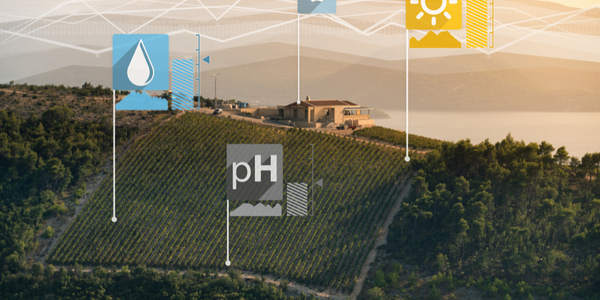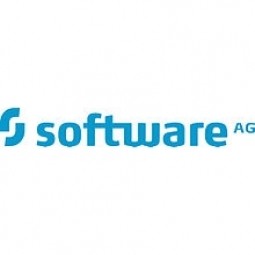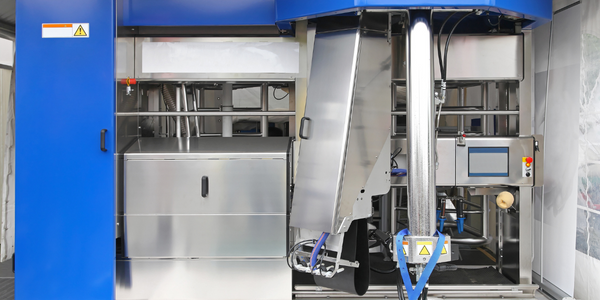下载PDF
Adding intelligence to refrigerated transport
技术
- 分析与建模 - 实时分析
适用行业
- 运输
- 食品与饮料
- 农业
适用功能
- 物流运输
- 质量保证
用例
- 车队管理
- 实时定位系统 (RTLS)
- 预测性维护
服务
- 系统集成
- 软件设计与工程服务
挑战
Refrigerated transport is essential in Australia, and without it much of its agriculture, food processing, preservation and distribution, and even the pharmaceutical sector, would not be able to function properly. The global market for refrigeration is increasing, partly due to consumers becoming more health-conscious and wanting more fresh, healthy food, much of which is perishable. Producers must adapt to overcome logistics constraints and, at the same time, reduce the level of waste in the food industry. Nearly all of the produce eaten in Australia is grown there and Australia produces about three times as much as is consumed in the country. Each region has a different season, so seasonal produce has to be trucked from the growing region to the consumers in other regions. Refrigeration therefore is critically important to the Australian (and global) food chain. In the 1990’s, a shake-up in the transportation industry led to two big trucking companies dominating refrigeration. Because they had to squeeze costs down, they chose to no longer hire/train drivers to work with refrigeration units, so today’s refrigerated truck drivers have little or no experience with the units. QTRS fills that gap.
关于客户
Quality Transport Refrigeration Services (QTRS) has been providing high-quality refrigeration products, repairs and services to the refrigerated transport industry across Victoria, Australia since 2007. QTRS is the sole Australian distributor for Mitsubishi Heavy Industries Thermal Systems, Ltd. (MTH) Refrigeration for Trucks and Trailers equipment and is the only provider of built-in real-time monitoring for Mitsubishi refrigeration units for Trucks & Trailers in Australia. QTRS aims to differentiate its product and appeal to smaller or bespoke operators by using telematics and the Internet of Things to build real-time monitoring into all the Mitsubishi units that it sells and services.
解决方案
QTRS decided to use telematics and the Internet of Things to build real-time monitoring into all the Mitsubishi units that it sells and services. Refrigeration units have many sensors—from monitoring the cargo being carted temperatures to monitoring the drive train of the cooling unit. Some can even monitor the truck’s cornering and braking for insurance purposes. As sole supplier of MHI in Australia, QTRS knew it needed a telematics system to match. With limited and outdated technologies available, QTRS wanted its own system. It hired a recent computer science graduate who had the ideas and the skills for the job and, within a short period, QTRS was able to diagnose refer issues live, contact drivers and resolve issues “live.” A Sensor-Technik Wiedemann (STW) telematics controller was deployed to provide the data, and its partner Cumulocity IoT provided the IoT platform. “We had the STW box, but it was only using 5% of its potential. With Cumulocity IoT we could open up that potential,” said Oxley-Boyd. Cumulocity IoT had all the rich features QTRS was looking for, so much so that it is using the platform to further develop new solutions with the data, such as monitoring total asset – truck ECU communication, tire pressure, anti-lock braking, etc.
运营影响
数量效益
相关案例.

Case Study
Intelligent Farming with ThingWorx Analytics
Z Farms was facing three challenges: costly irrigation systems with water as a limited resource, narrow optimal ranges of soil moisture for growth with difficult maintenance and farm operators could not simply turn on irrigation systems like a faucet.

Case Study
The Kellogg Company
Kellogg keeps a close eye on its trade spend, analyzing large volumes of data and running complex simulations to predict which promotional activities will be the most effective. Kellogg needed to decrease the trade spend but its traditional relational database on premises could not keep up with the pace of demand.

Case Study
Airport SCADA Systems Improve Service Levels
Modern airports are one of the busiest environments on Earth and rely on process automation equipment to ensure service operators achieve their KPIs. Increasingly airport SCADA systems are being used to control all aspects of the operation and associated facilities. This is because unplanned system downtime can cost dearly, both in terms of reduced revenues and the associated loss of customer satisfaction due to inevitable travel inconvenience and disruption.

Case Study
IoT-based Fleet Intelligence Innovation
Speed to market is precious for DRVR, a rapidly growing start-up company. With a business model dependent on reliable mobile data, managers were spending their lives trying to negotiate data roaming deals with mobile network operators in different countries. And, even then, service quality was a constant concern.







